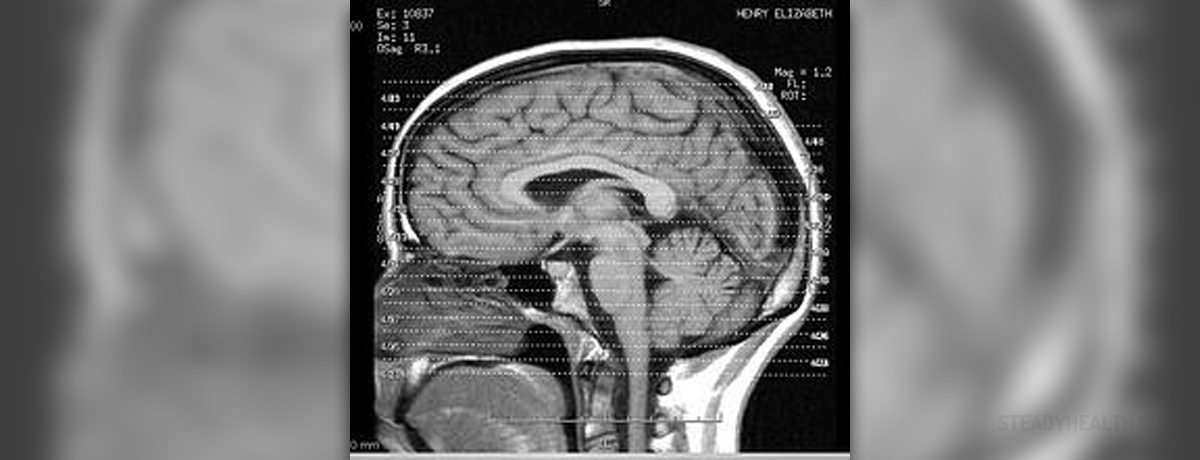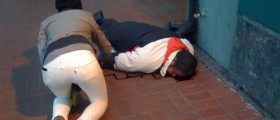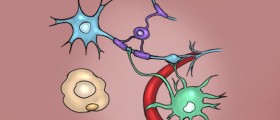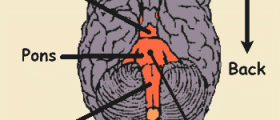
Not all seizures are signs of epilepsy. Rather, there are numerous underlying conditions which can trigger symptoms which resemble epileptic attacks. For example, some children may be prone to jerking movements when they suffer from high body temperature. Other people may suffer from attacks due to their heart or blood sugar irregularities.
Nevertheless, all seizures last for a short while, affecting the victims perception of reality, consciousness and awareness.
Epileptic Seizures and Our Brain
Our brain is made of tiny little cells called neurons, being responsible for any transfer of information that takes place in our brain, and the rest of the body. These pieces of information are transferred through electrical signals being sent and received between neurons. Basically, whenever there are disruptions or complications in the communication channels mentioned above, seizures may occur.
Epileptic attacks are always triggered by certain brain dysfunctions. Taking into consideration that our brain is in charge of many different functions of all organs and organ systems in our body, including mood, motion, consciousness, senses etc., all of these may be affected negatively during an epileptic seizure.
Facts about Epilepsy
When epilepsy is diagnosed, its type and the type of seizures it causes are taken into consideration. Thus, a symptomatic epilepsy is the one which has known triggers while an idiopathic epilepsy is the one which has unknown causes, being sometimes genetically inherited. As for the types of the attacks, the diagnosis depends on the specific characteristics of seizures. Seizures can be classified according to several parameters. The basic classification is to partial and generalized seizures which are further divided into several subtypes.
Partial seizures take part just in a single portion of the brain, also being referred to as focal. On the other hand, generalized seizures affect the whole brain area randomly.
Even though muscle jerking is the most common manifestation of an epileptic attack, other signs may represent this condition too. Some people lose their consciousness during the attacks while others remain awake. Depending on the lobe of the brain affected by the seizure, the attacks may result in various symptoms, jeopardizing different bodily functions.
Thus, depending on the affected area, the attacks vary from disorders affecting certain senses, such as smell, to jerking movements and a complete loss of consciousness. Fortunately, epileptic attacks do not last for longer than several minutes, after which normal functions of the brain are restored. Learning more about the seizures and their characteristics helps doctors diagnose epilepsy better, suggesting the most effective treatment.
















Your thoughts on this
Loading...